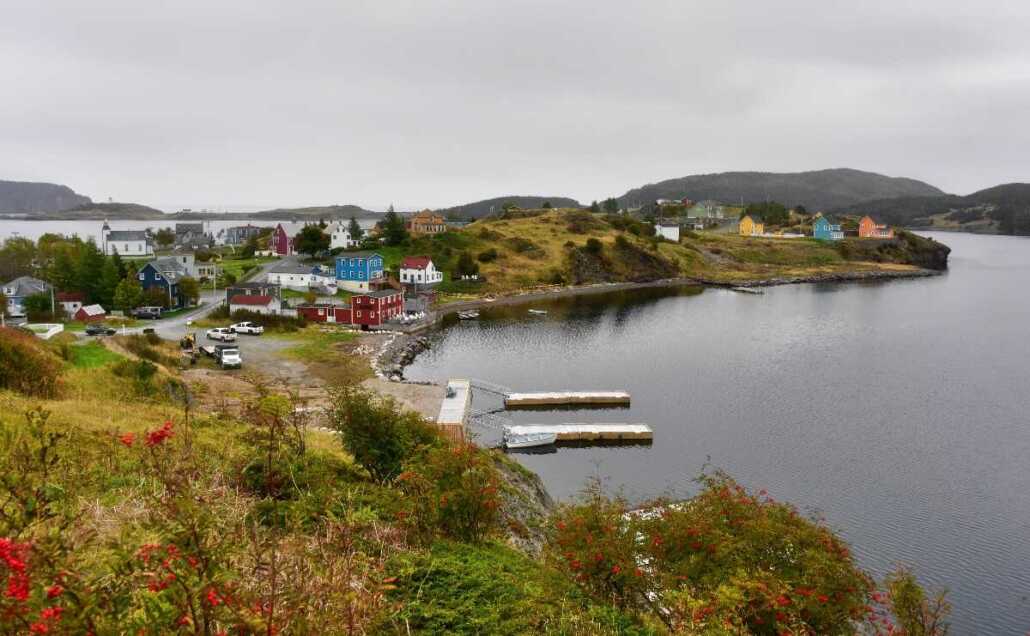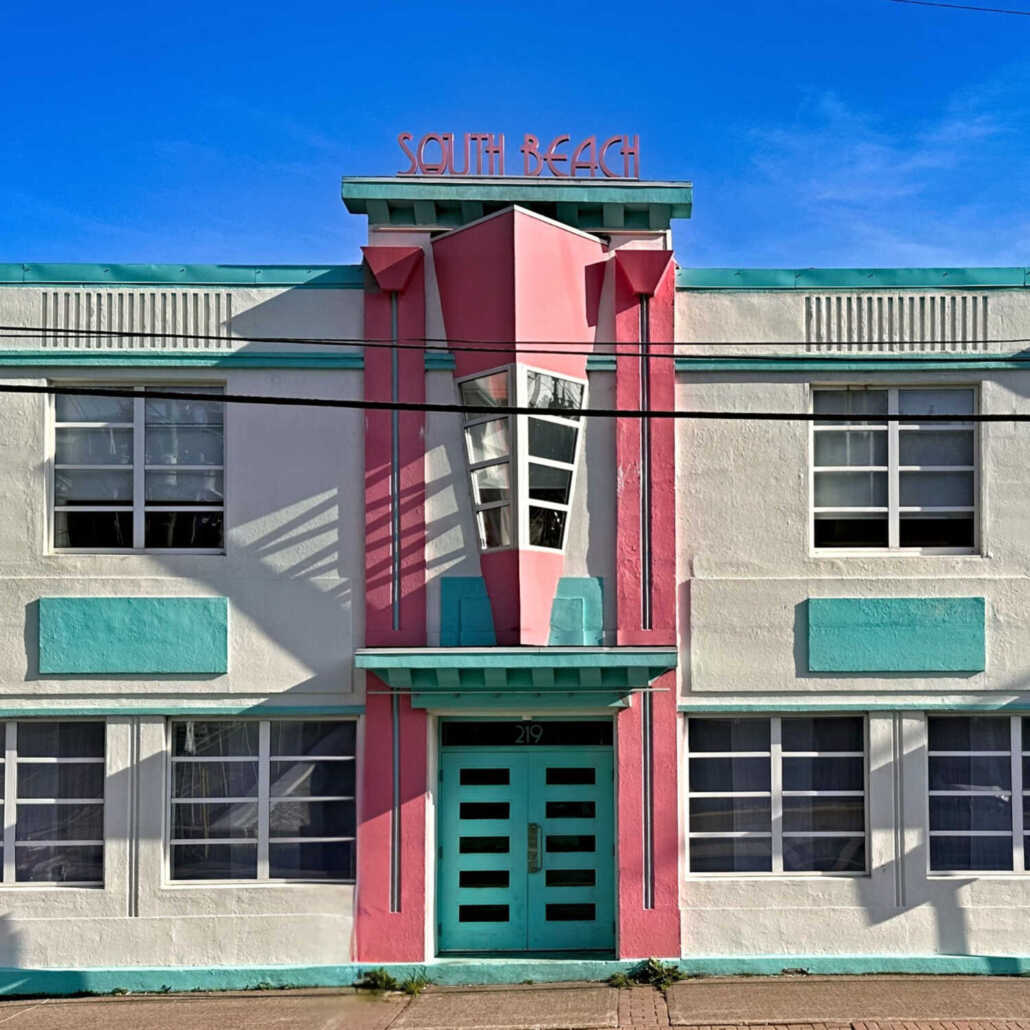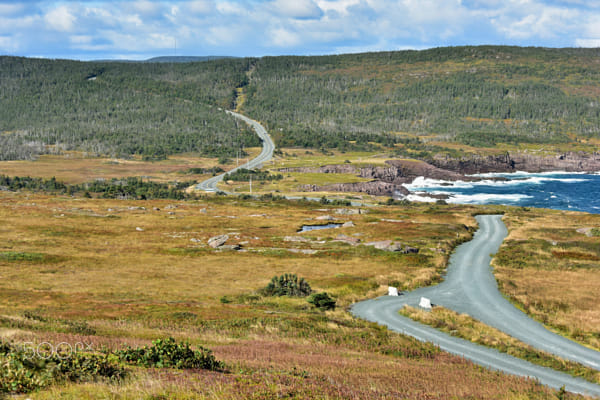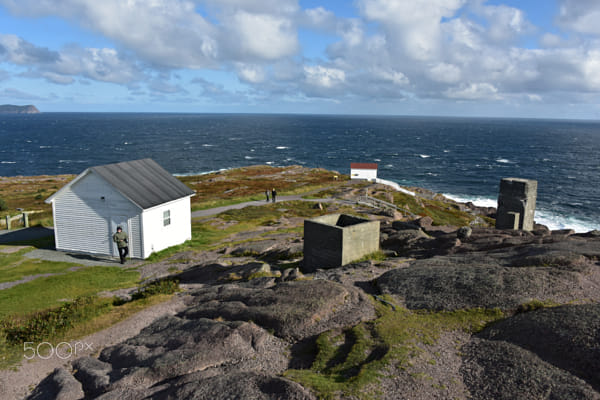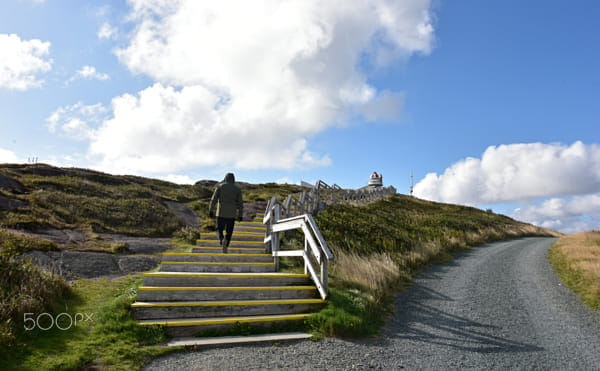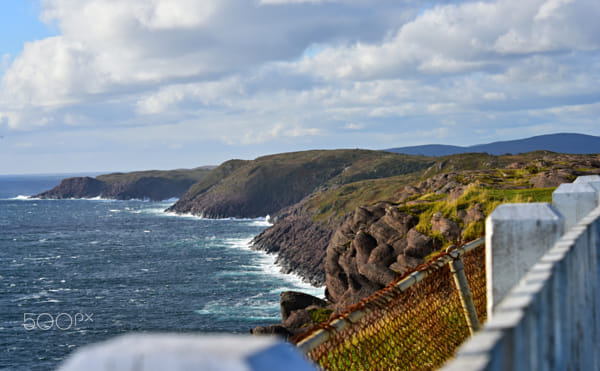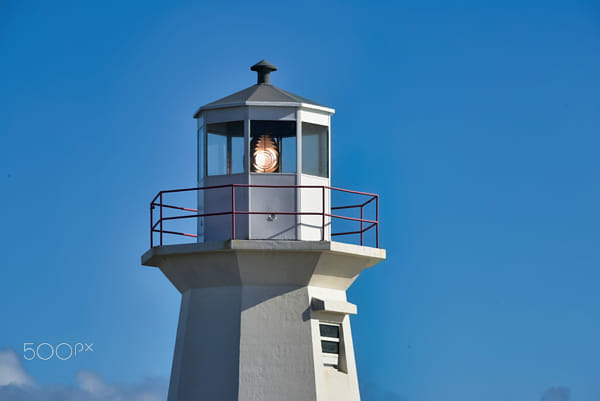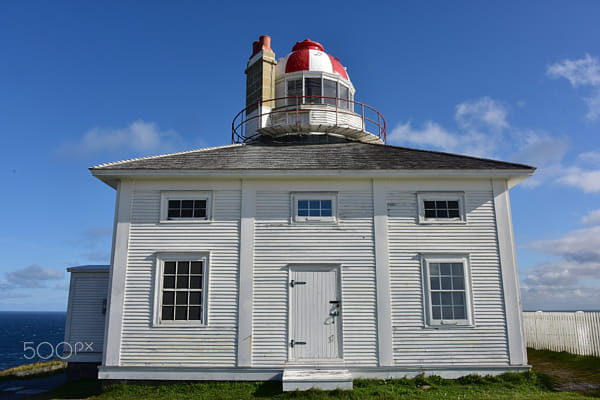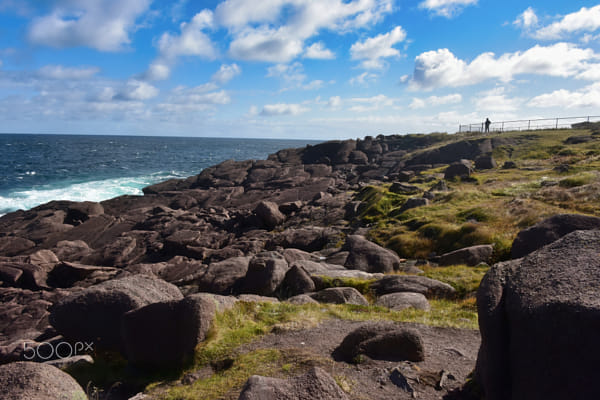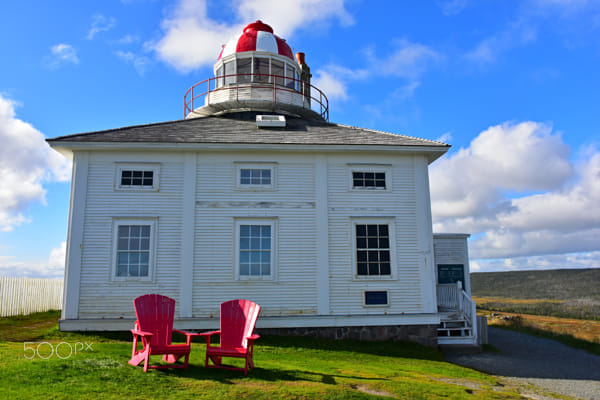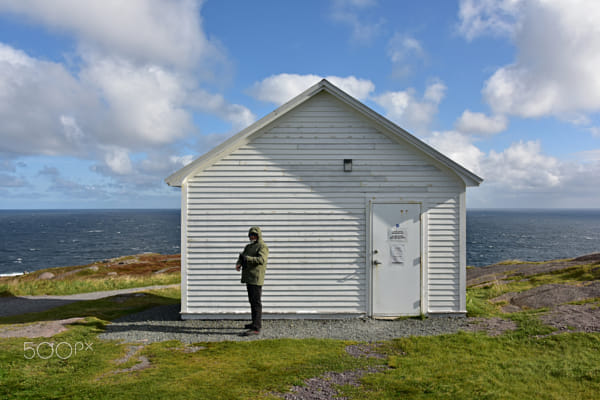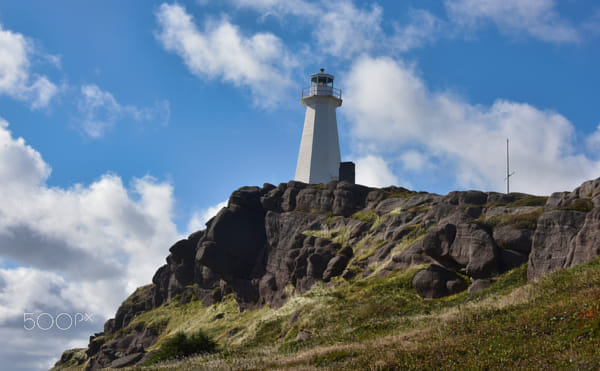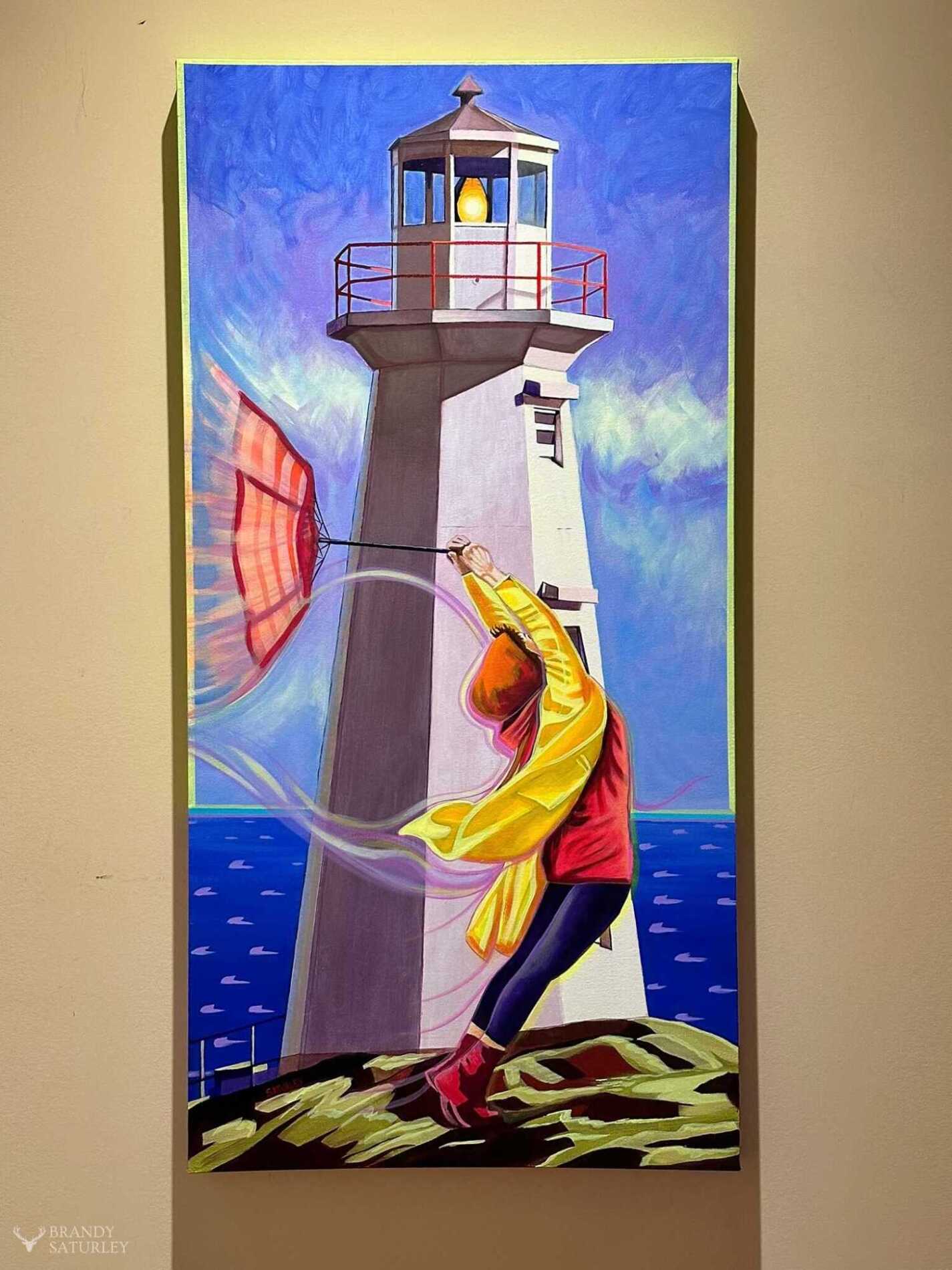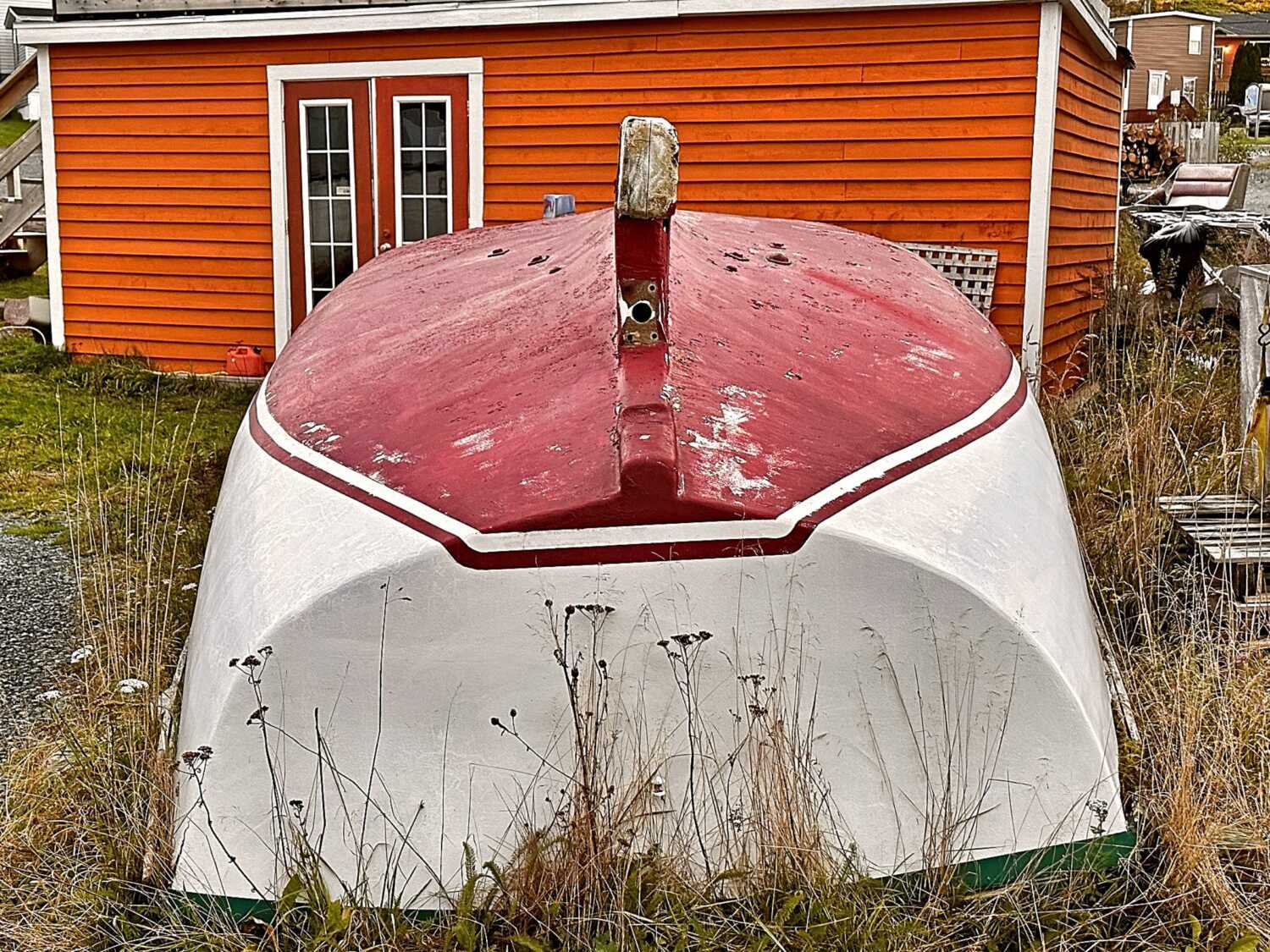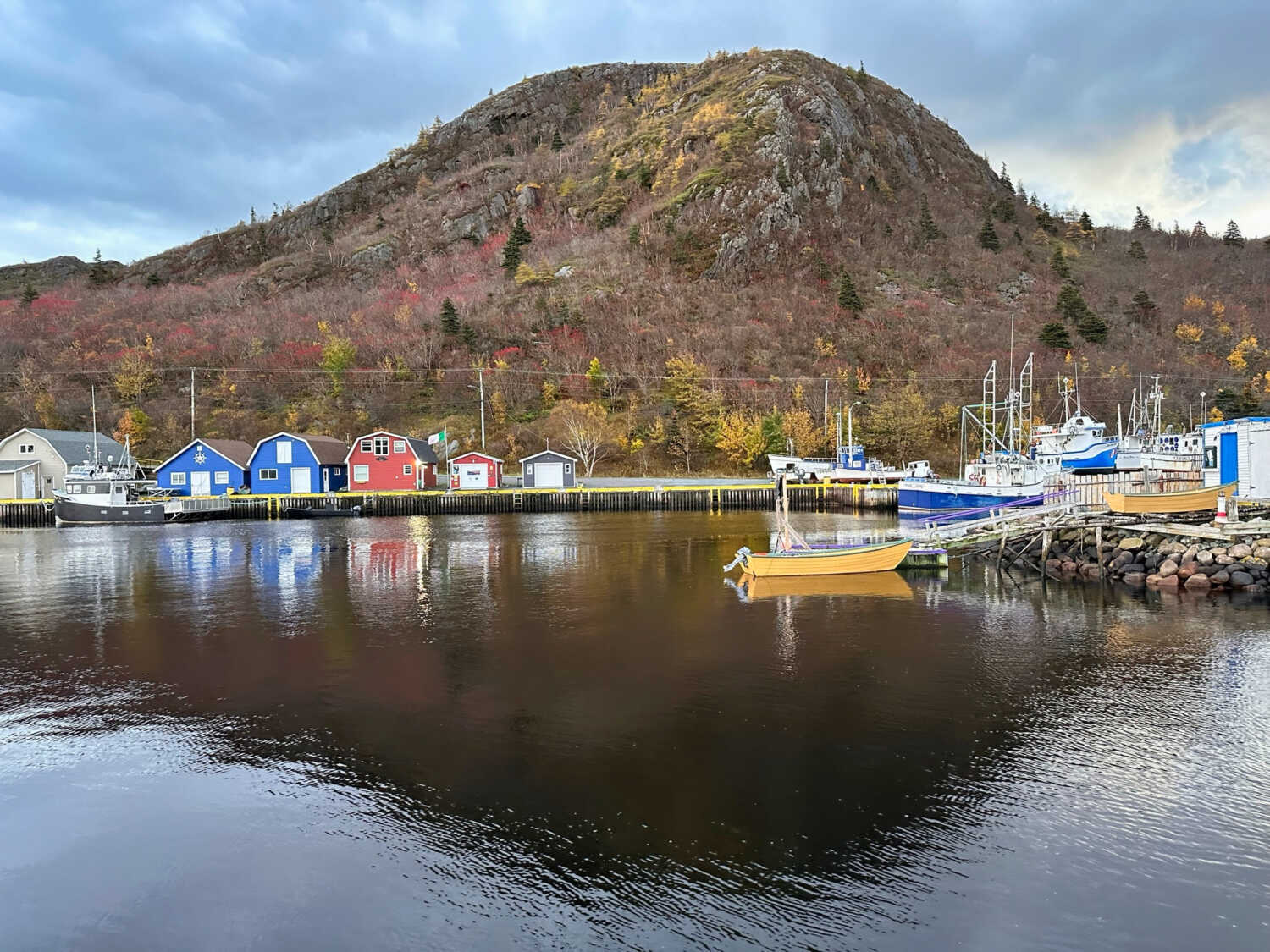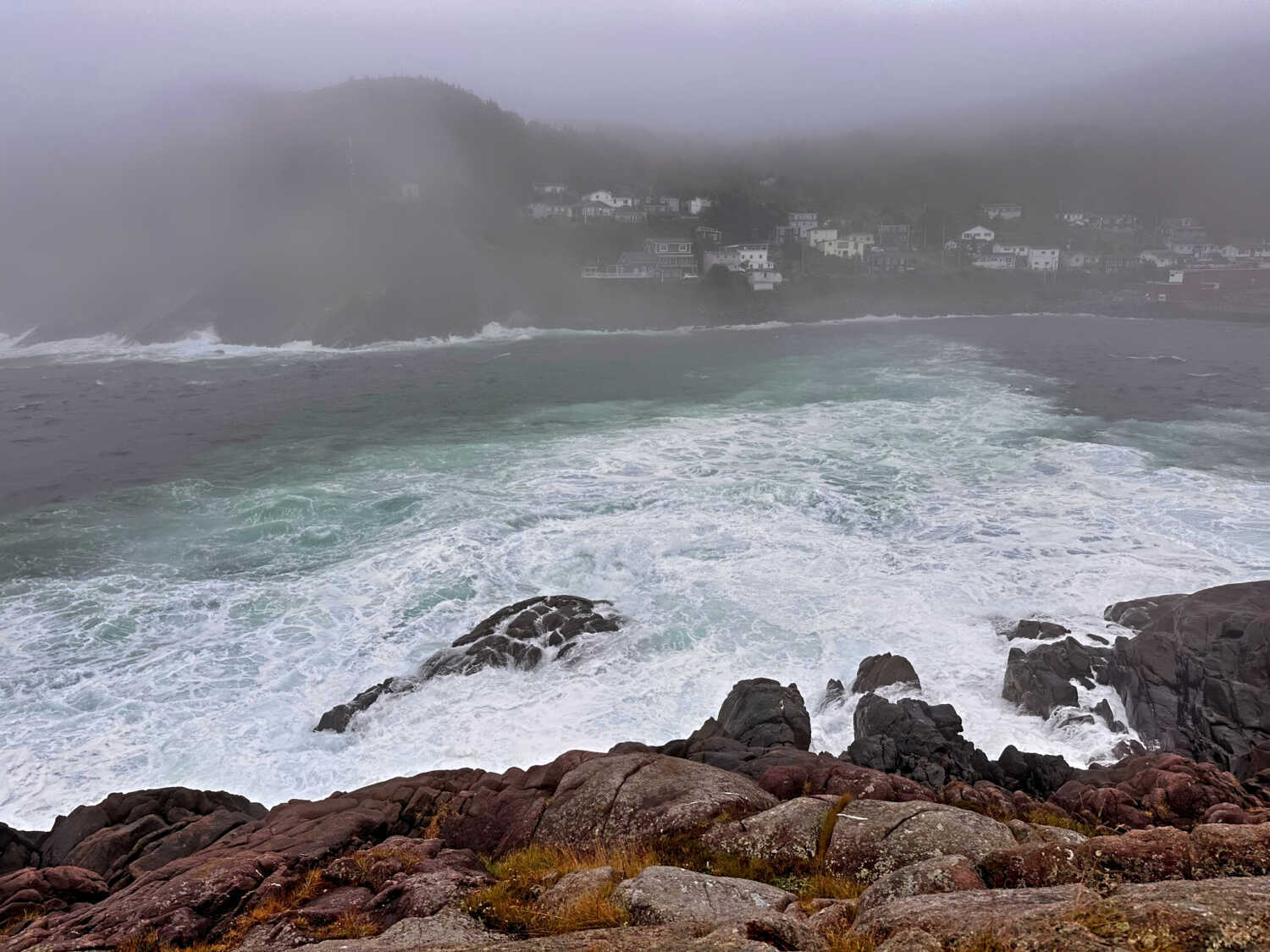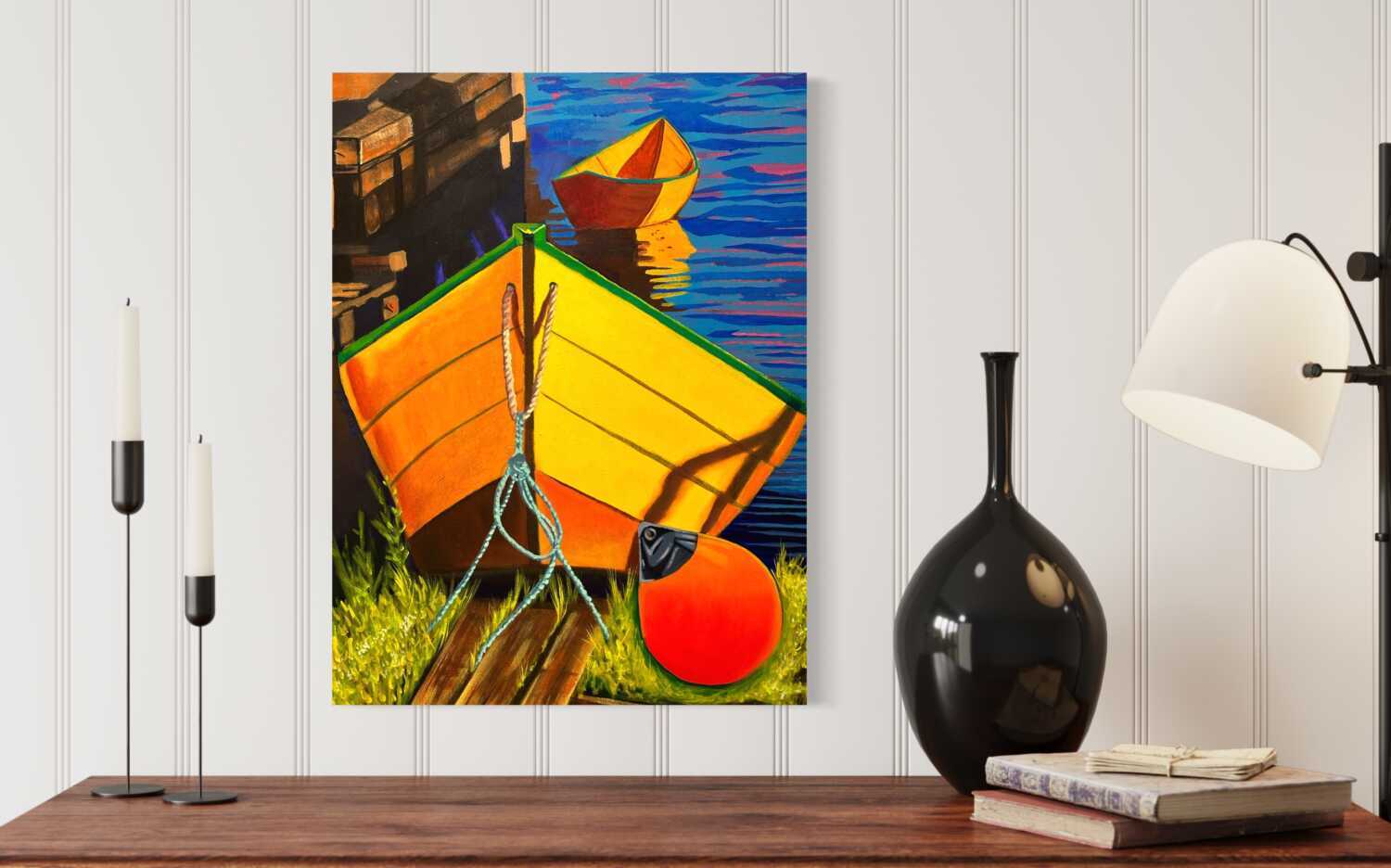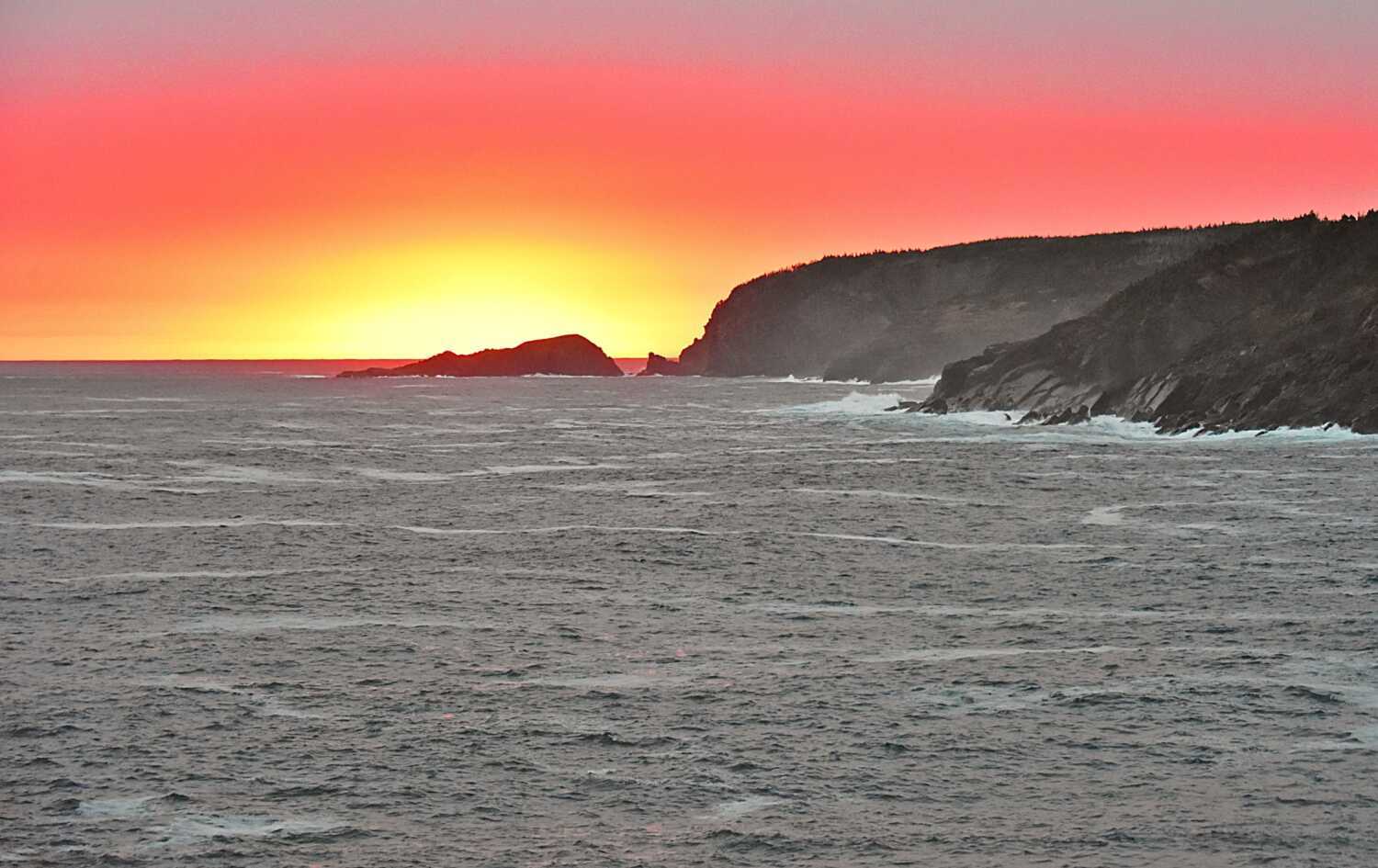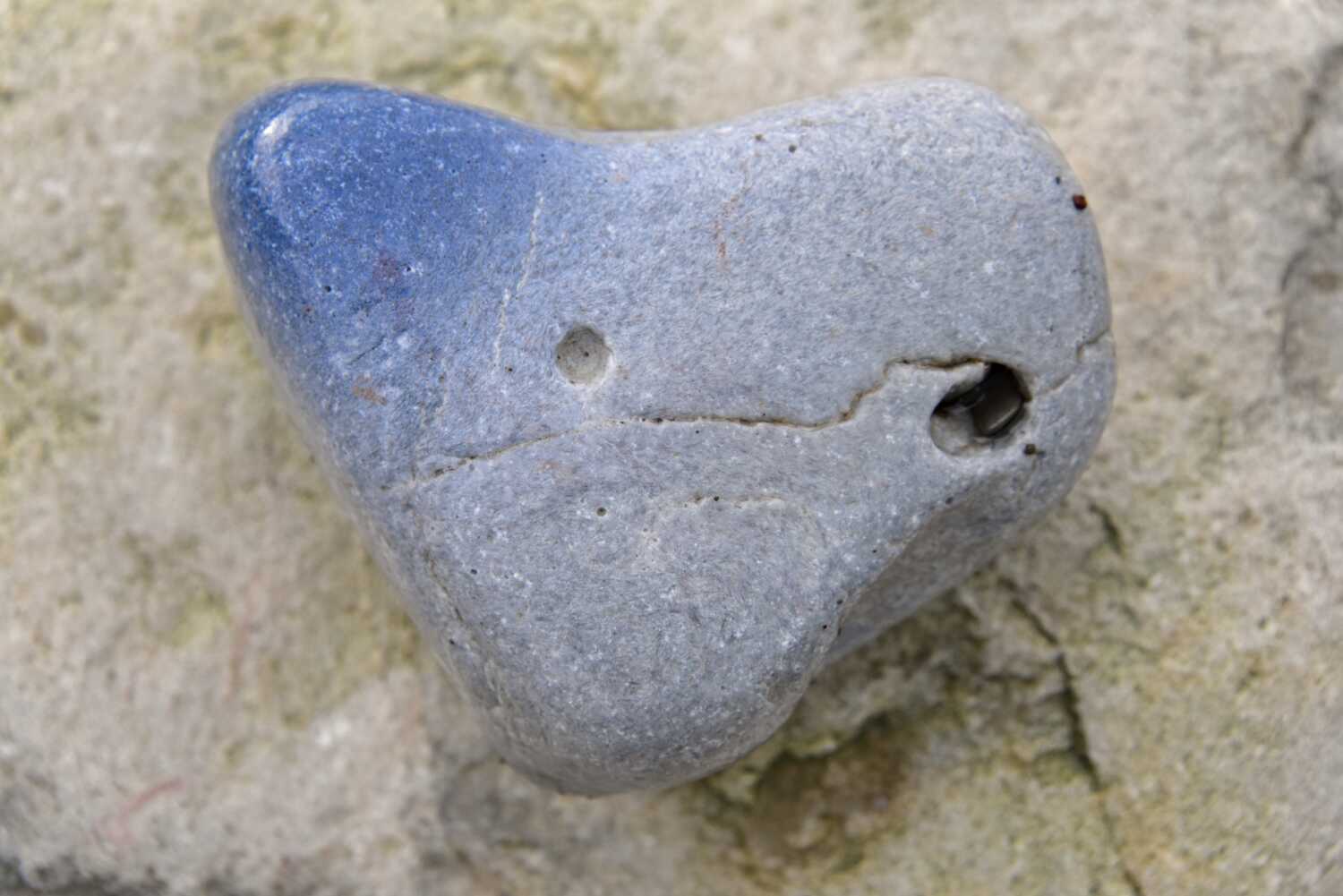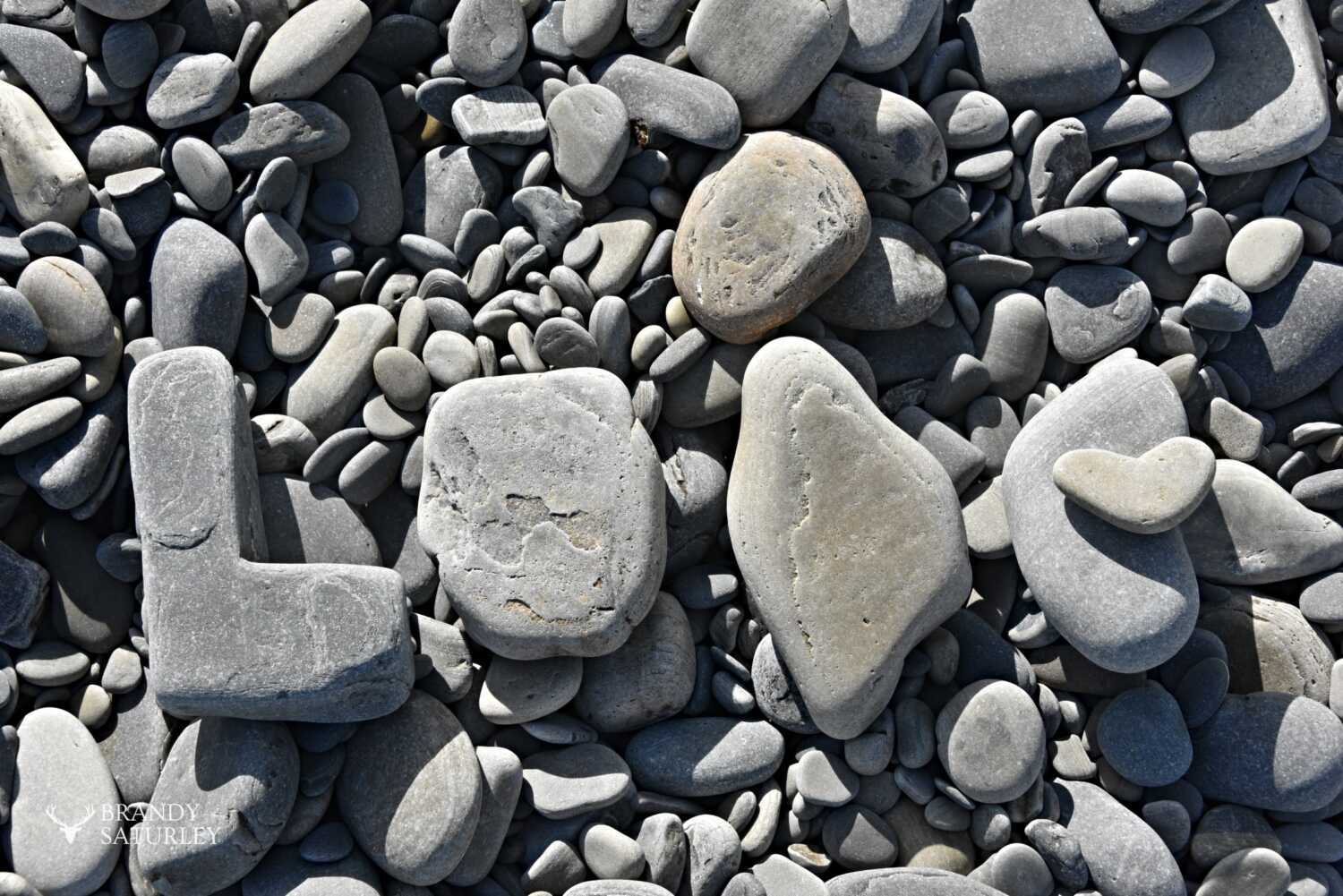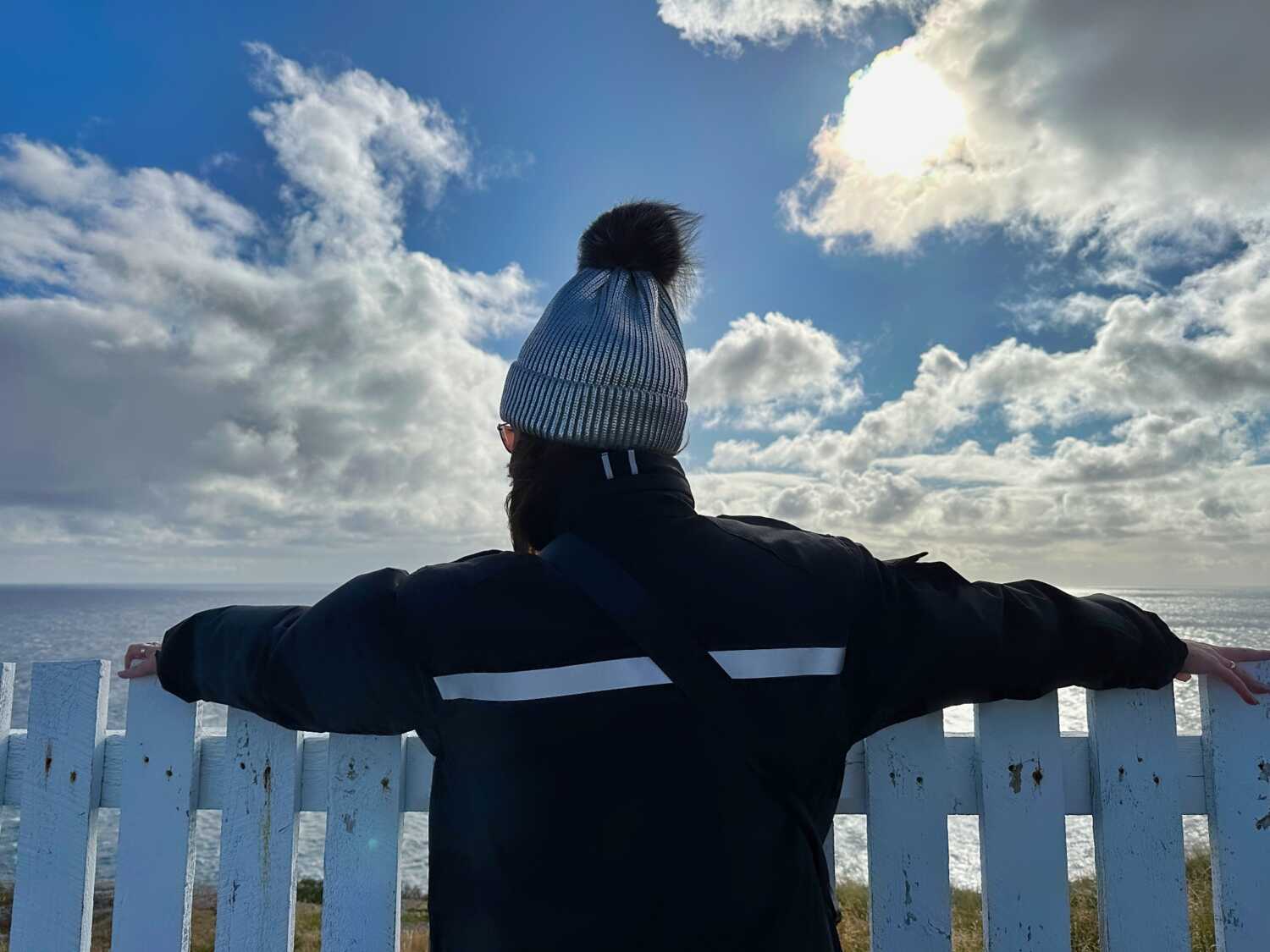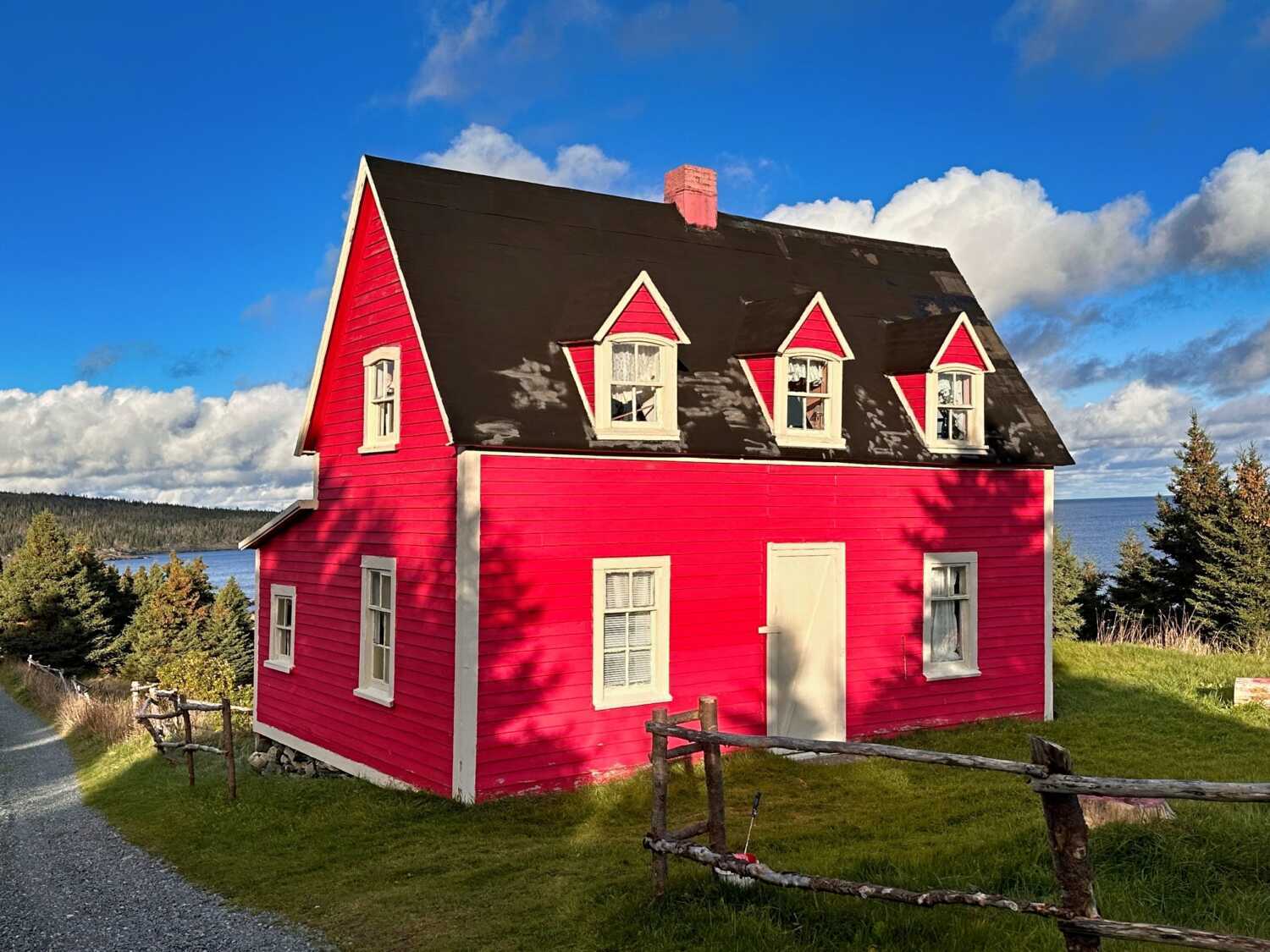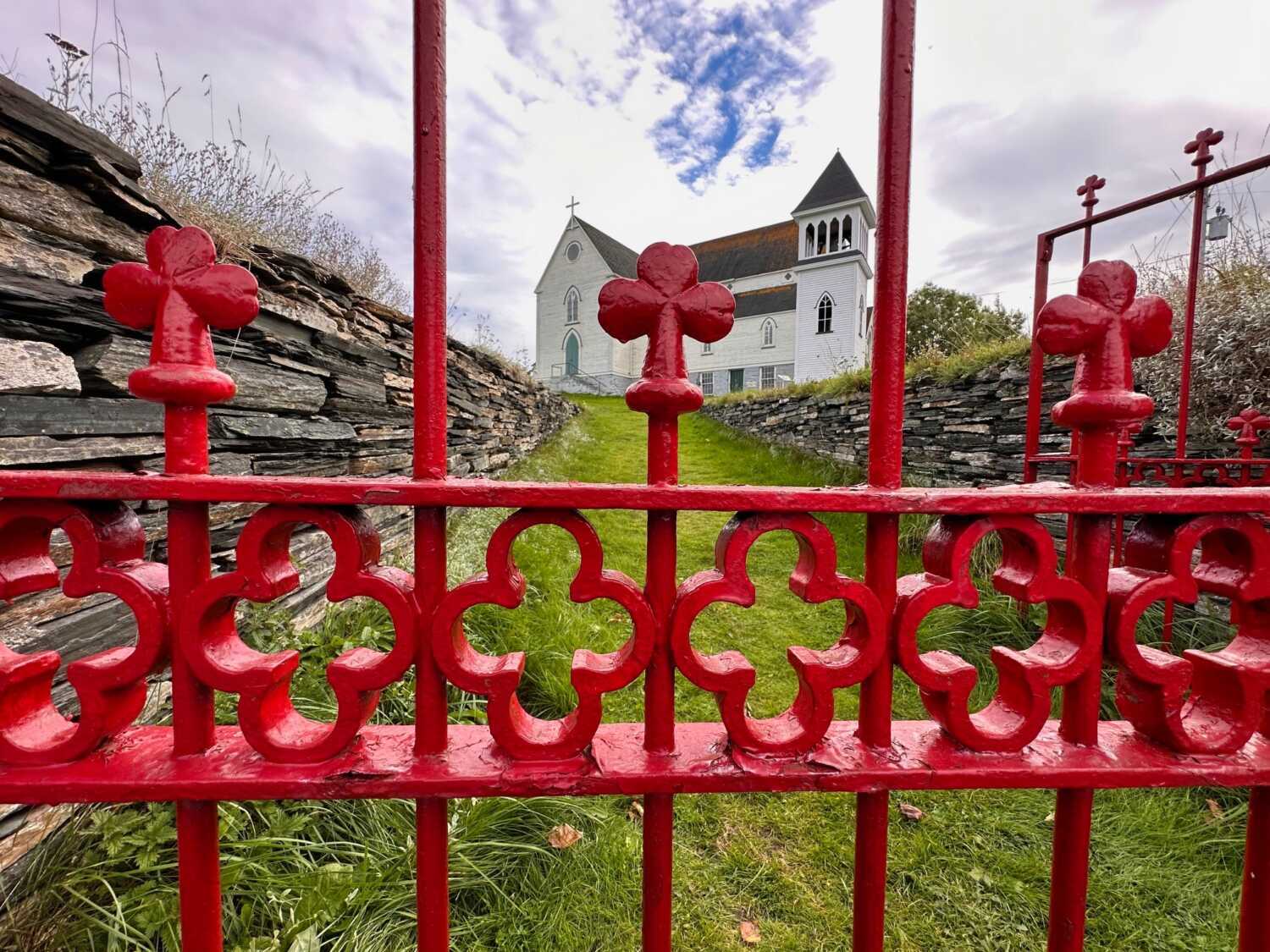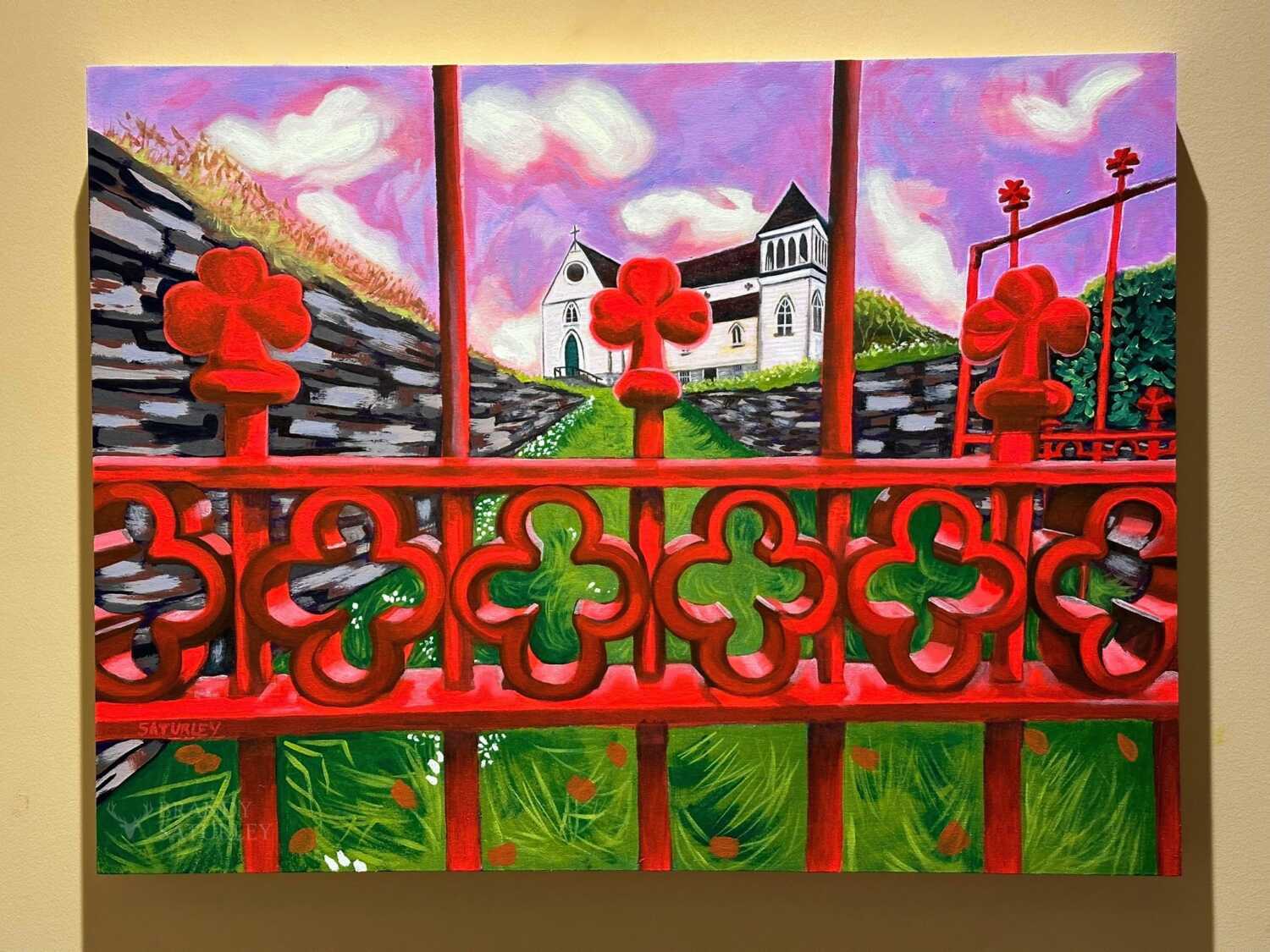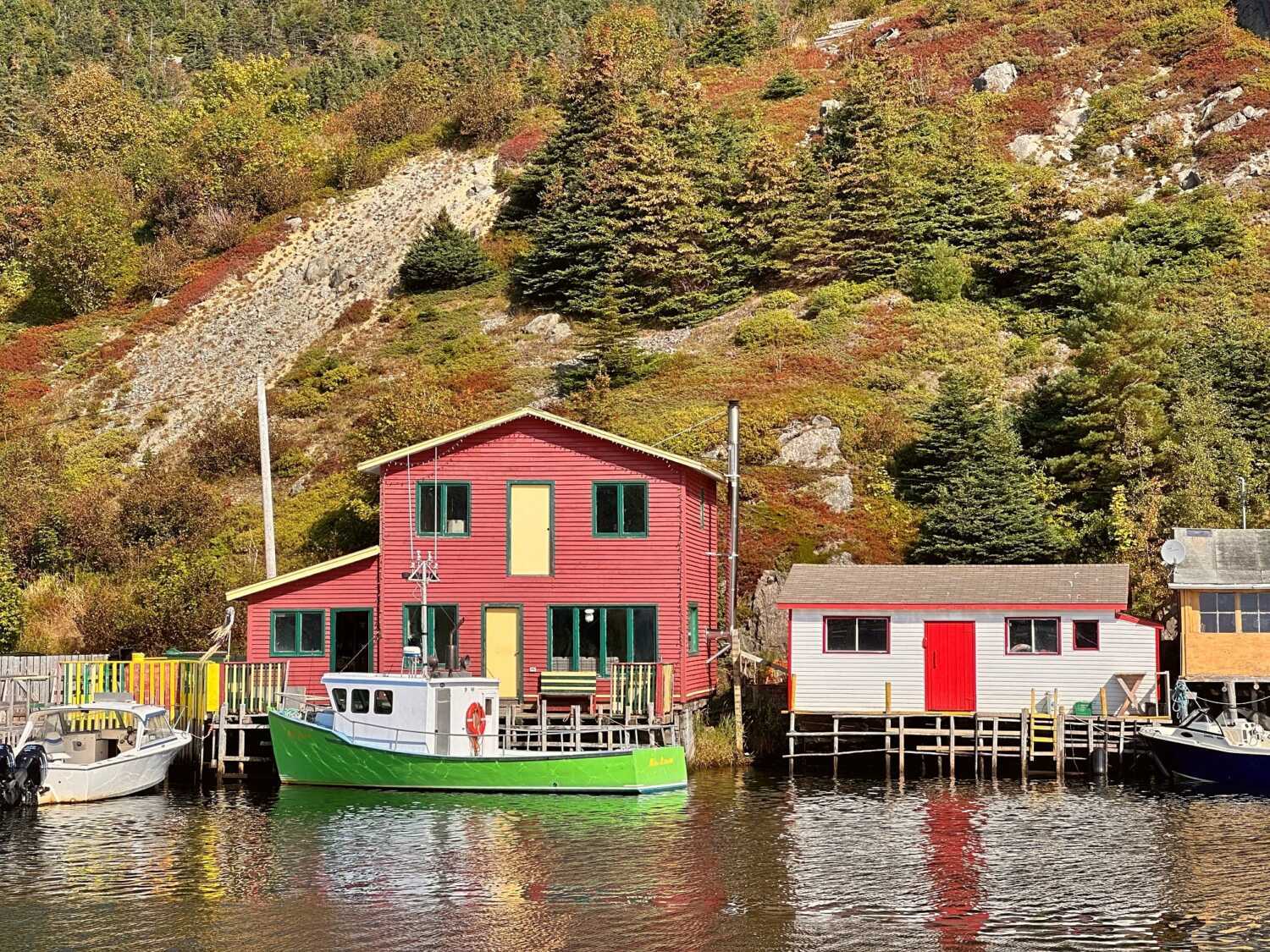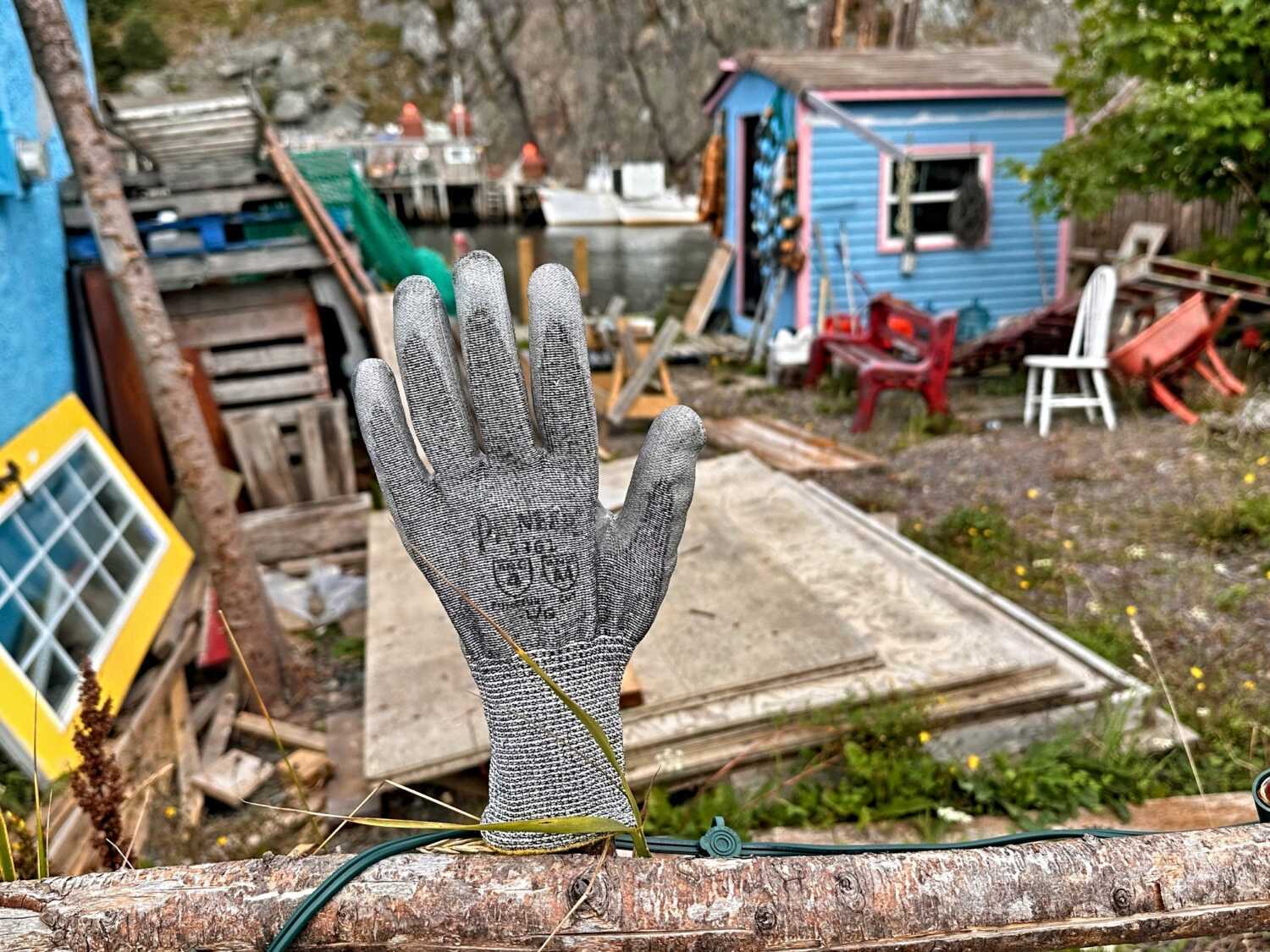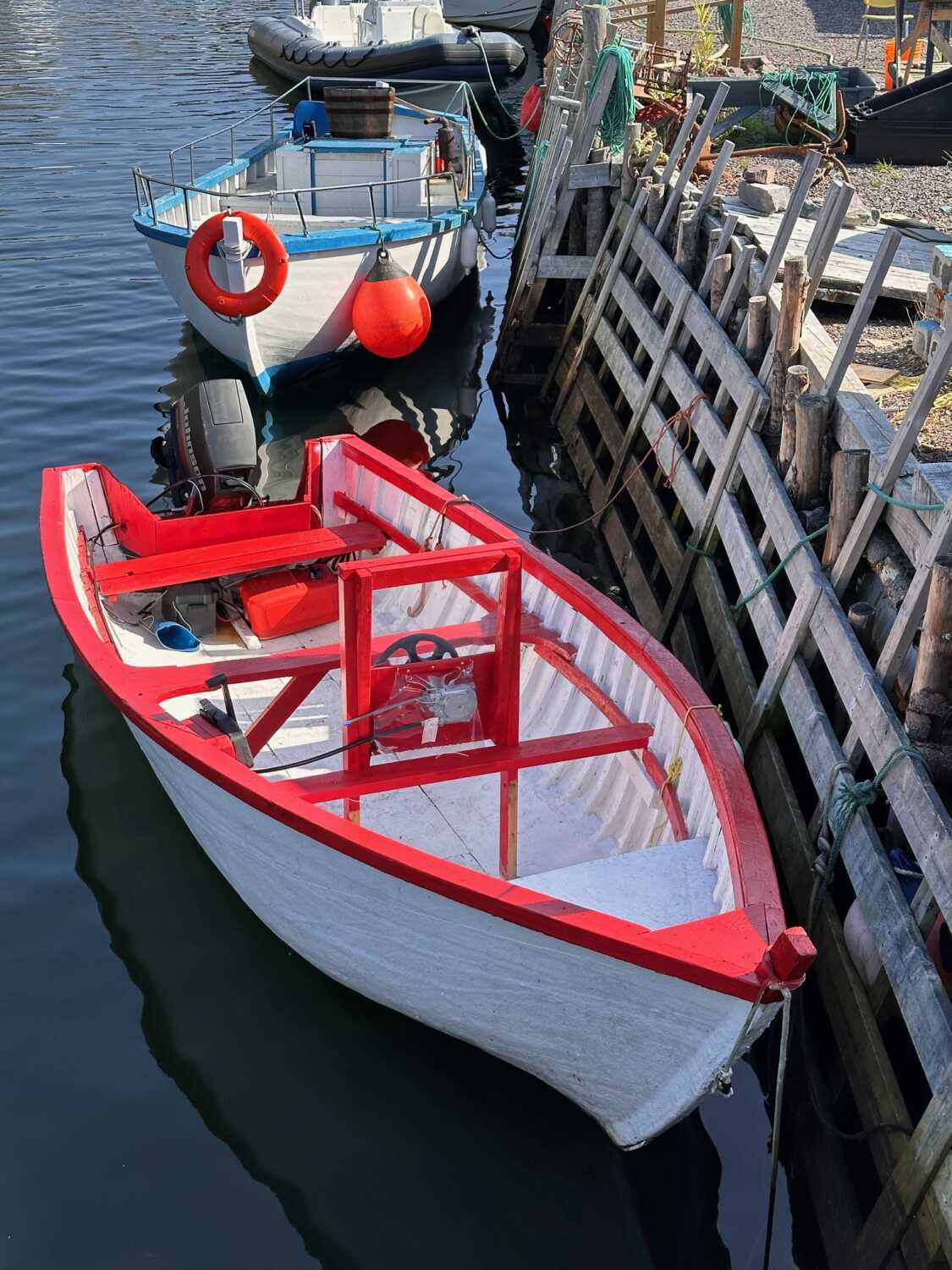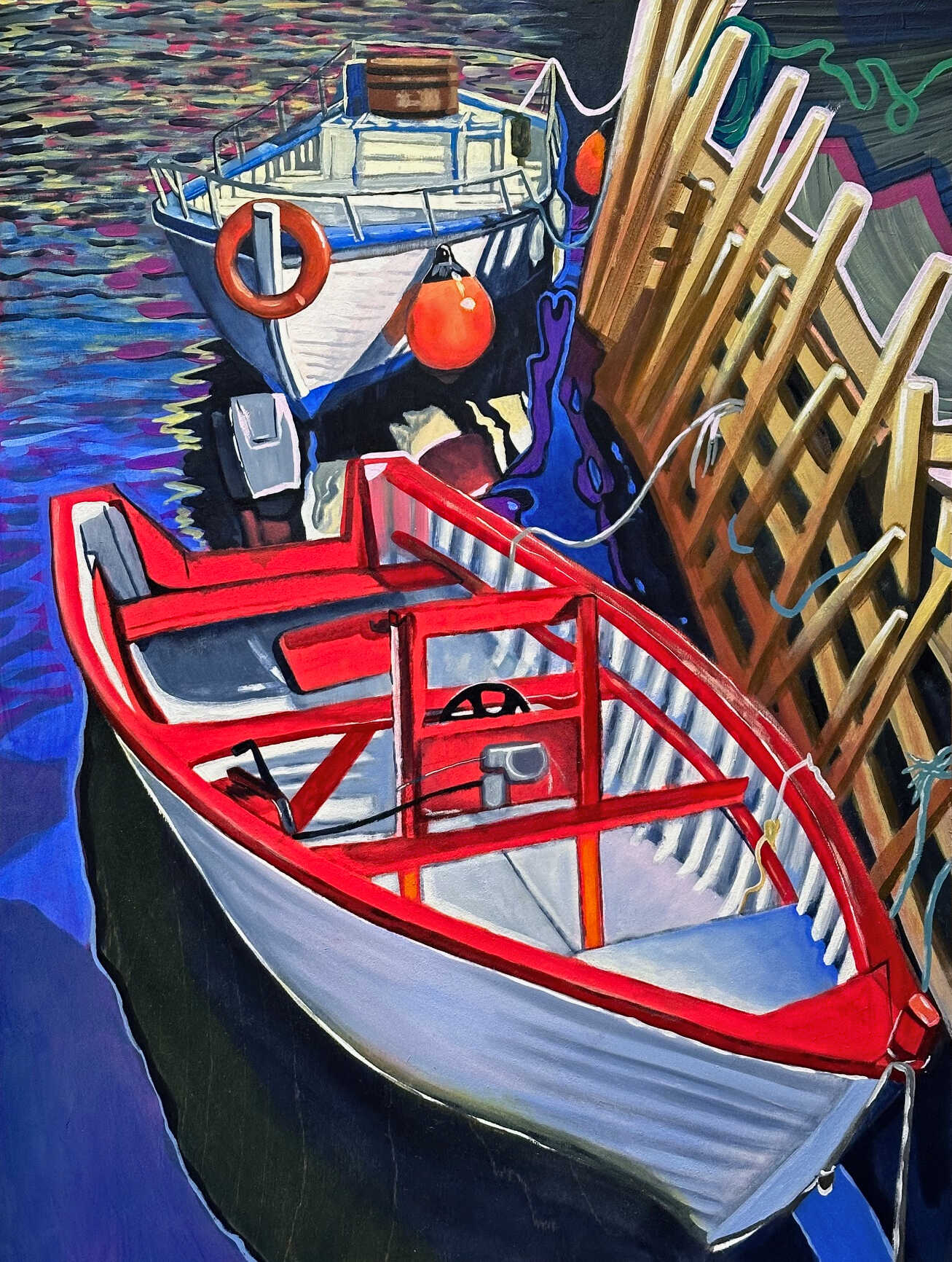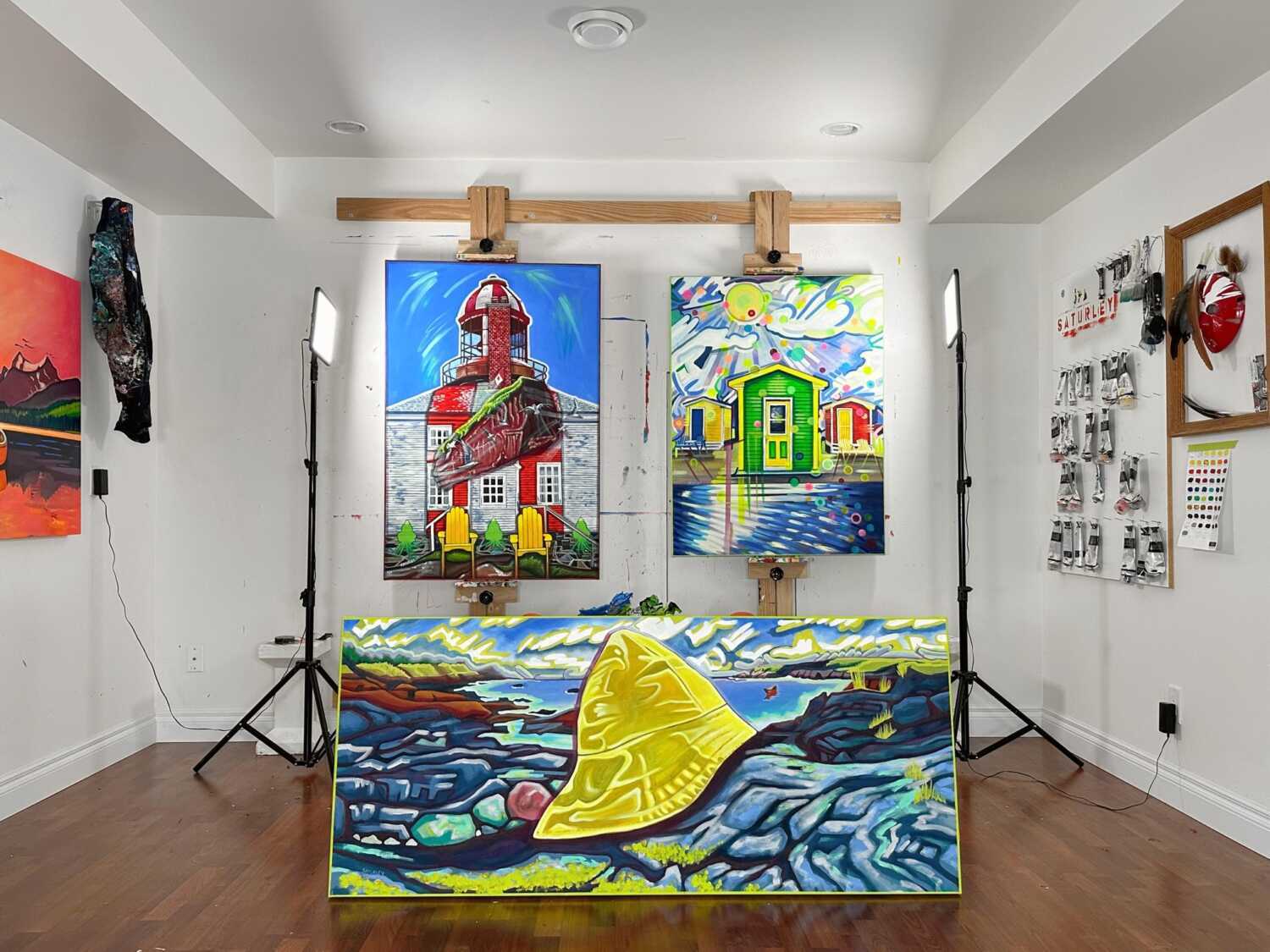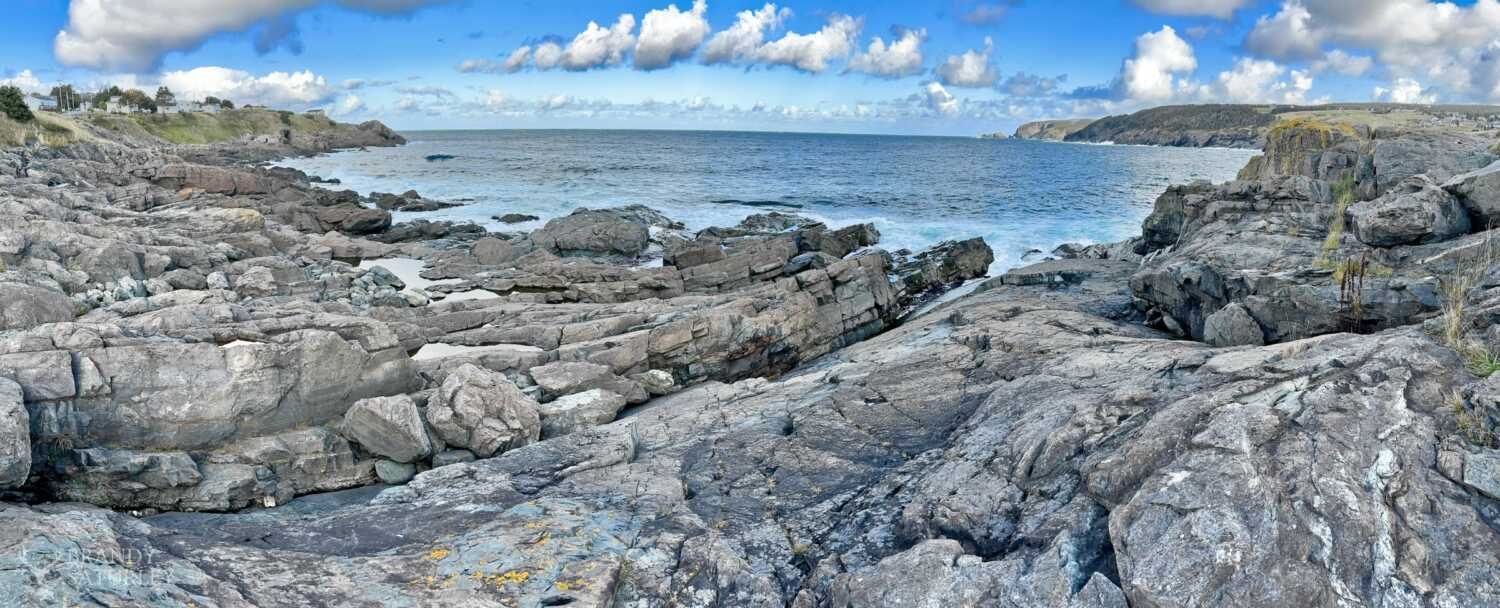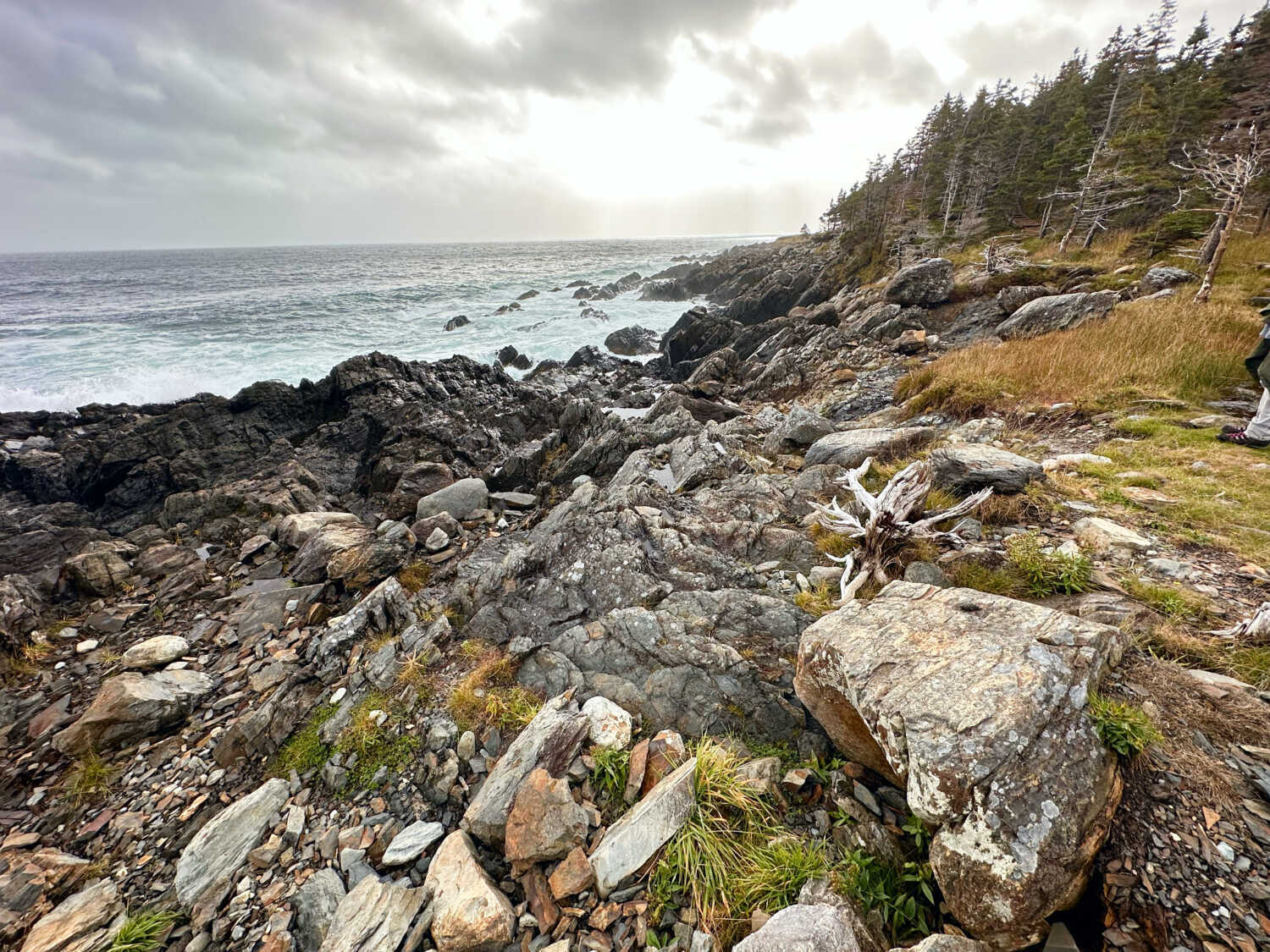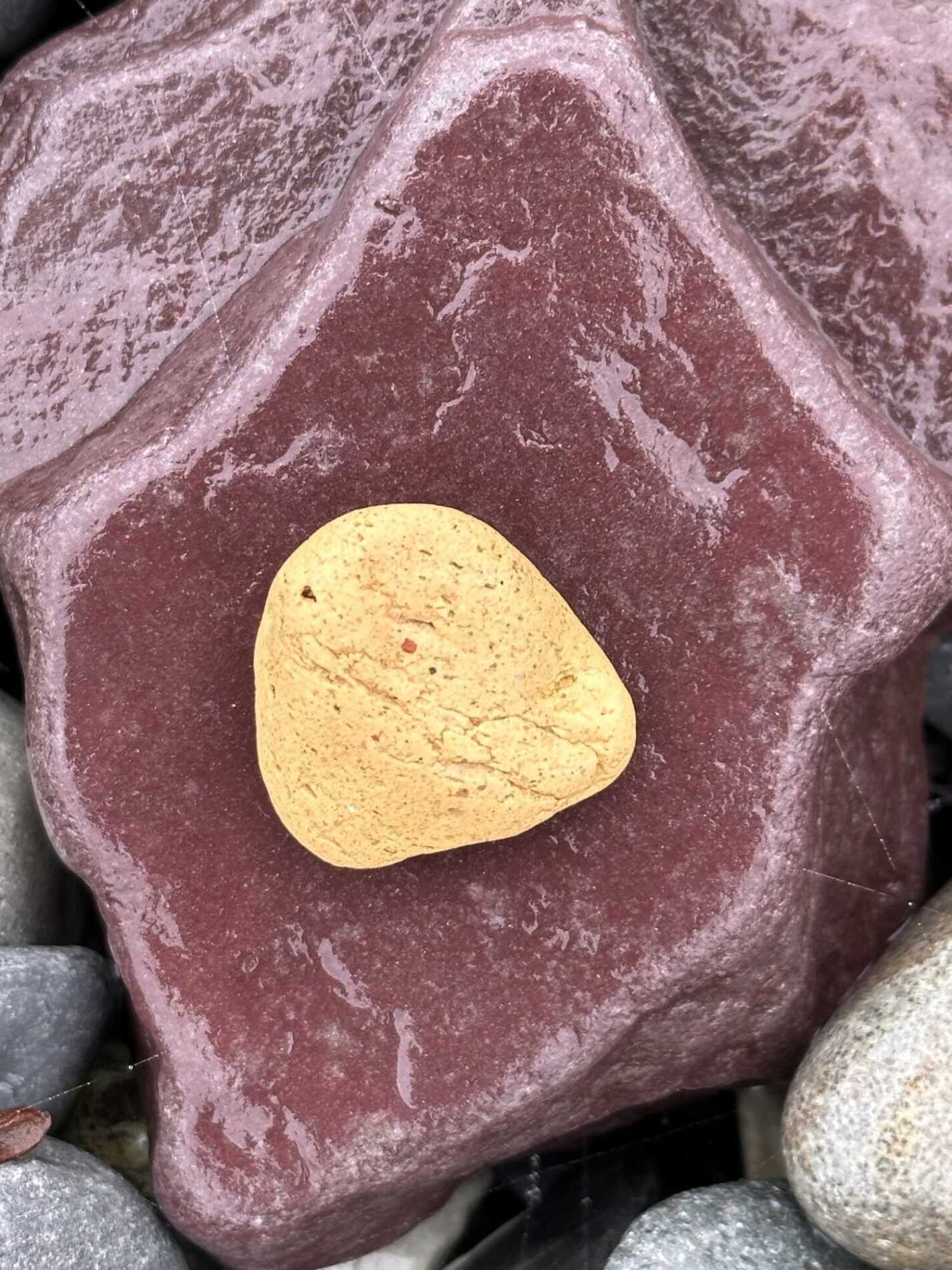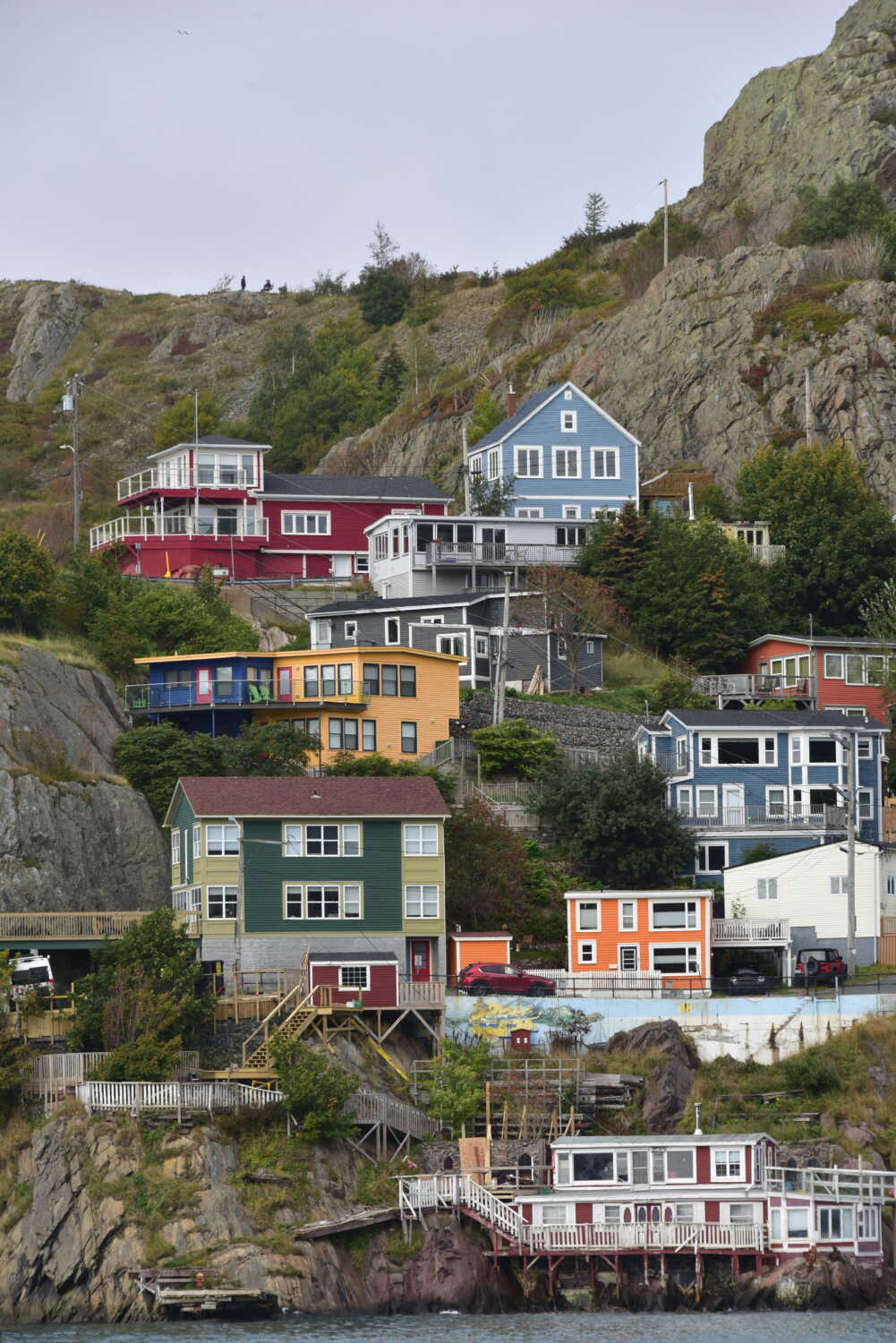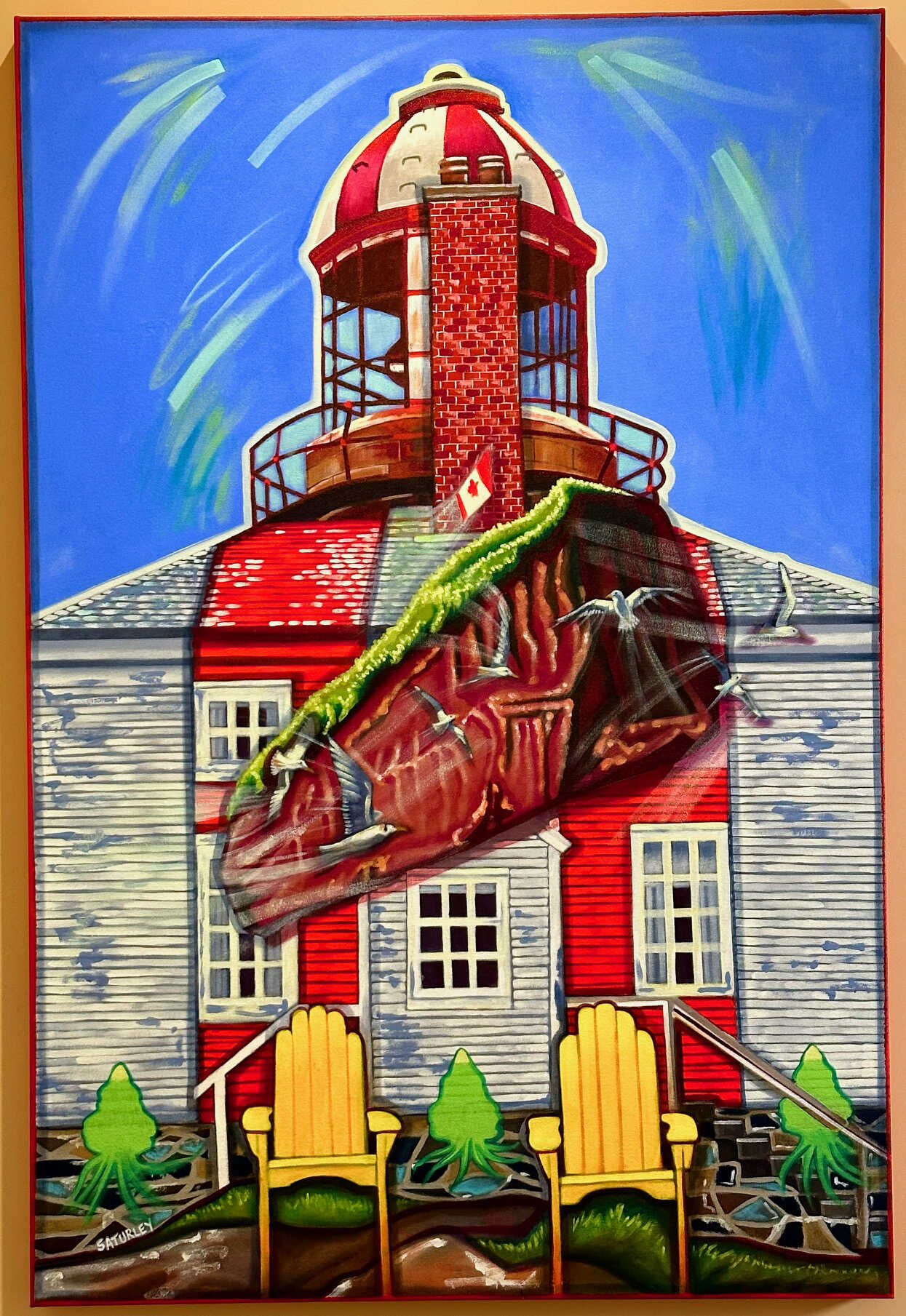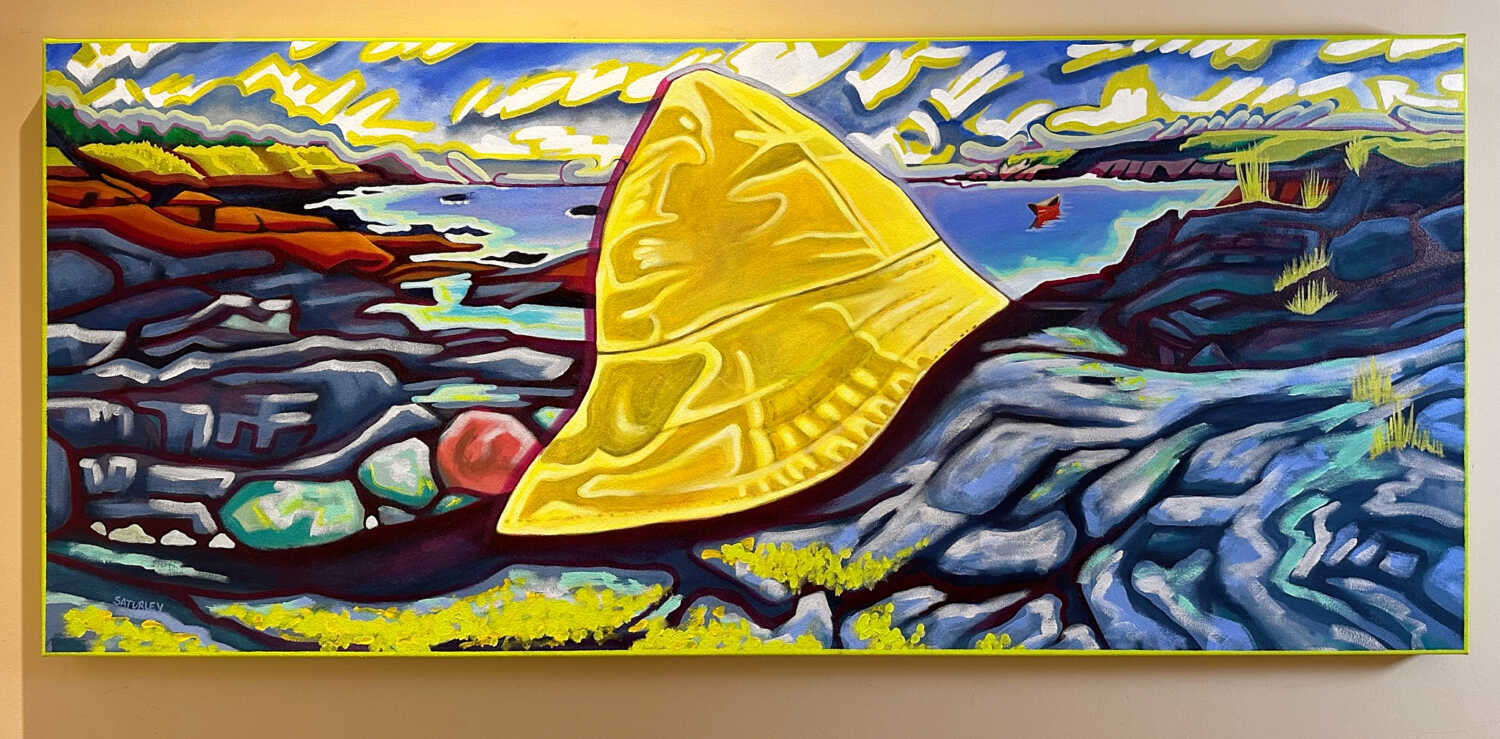Painting 15 in A Series about Newfoundland
We were up exploring around Cape Bonavista lighthouse, and by up I mean, above the Avalon Peninsula, where I was based out of during my month in Newfoundland. A three hour and forty minute drive each way, from Pouch Cove Foundation. On our way to the iconic lighthouse and town, I received a text from a friend. Make sure on your return trip you have lunch in Trinity, it’s a quaint little town that really has an old colonial Newfoundland feel. And this is where painting 15, in this series about Newfoundland began, on a lunch stop in a town called Trinity.
Trinity, nestled along the picturesque Trinity Bay in Newfoundland and Labrador, boasts a rich historical background. Its quaint streets are adorned with a collection of architectural gems, each designated as a Registered Heritage Structure by the esteemed Heritage Foundation of Newfoundland and Labrador. The town’s harbor, a hub of maritime activity since the 16th century, witnessed the arrival of Portuguese explorer Gaspar Corte-Real on Trinity Sunday of 1501, bestowing upon the site its enduring name. By the 1570s, Trinity had already established itself as a vital summer outpost for fishermen from England’s West Country, drawn by the abundant riches of the migratory fishery. Beyond its maritime legacy, Trinity holds a place in medical history, serving as the pioneering ground for the introduction of the smallpox vaccine to the New World by John Clinch in 1798.
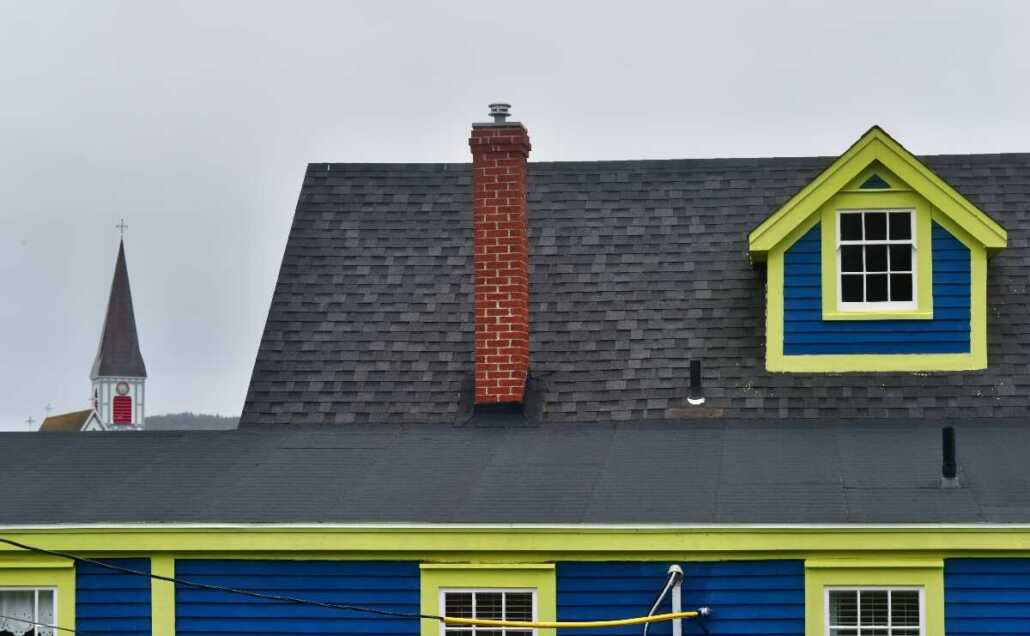
Unique architecture in Trinity, Newfoundland – October 2023, Brandy Saturley
When we arrived at Trinity it was a ghost town, being Autumn in Newfoundland many places are closing up for the Winter. The restaurant situation is hit and miss this time of year, with no regular hours really being kept in any place we have explored. Immediately I was drawn to the multitude of colourful buildings all situated on a quiet cove. A sparse landscape dotted with colour, the idyllic Newfoundland setting.

A ‘trinity’ of colourful homes in Newfoundland – October 2023, Brandy Saturley
As I was clicking through photos from my trip, I kept returning to the photo above of a ‘trifecta’ of buildings adorned in Easter hues. If I was only going to paint one visual story about this place, this grouping expresses the town in one photo. From the trio of buildings, a ‘trinity’ of it’s own to the unique heritage structures, to the English influence. It is all felt and said in this photo, with the rock and the grass, all I felt that was needed to complete this story was a woman searching for meaning in this historic little town.
For this painting I began with a black gesso ground, something I haven’t done before, and I NEVER use black. Black is something you must be careful with as it can become too graphic and too comic book, I have always veered away from it. I found that with this piece it offered a different way to tackle the plank siding. Rather than being heavy outlines it offers ‘peeks’ into darkness and ultimately was successful in this painting. It gives the painting a sketchbook feel, and I like this for telling the story of this piece. It felt like I was painting on a chalkboard!
A poem for the finished painting about Trinity, Newfoundland
Let her wander, fearless, beneath Newfoundland’s vast sky,
In her red toque and yellow slicker, love’s quest does not belie.
For amidst Trinity’s hues, where tales of old abide,
Her love may yet be waiting, in the ebb and flow of tides.
Learn more about this painting and see additional photo’s here. See all the Newfoundland Paintings here.

